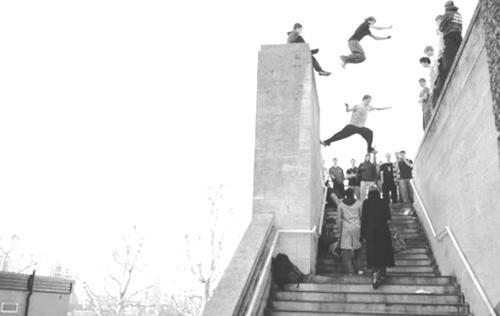青少年相互模仿冒险的心理探寻
刘菊珍


青少年正处于乐于冒险的年龄阶段,最近一项新的研究发现了青少年乐于冒险的原因。青少年应该意识到自己的冒险行为可能带来的一系列风险,避免不必要的冒险行为。
[难词探意]
1. gambling /?ɡ?mbl?/ n. 赌博
2. stereotype /?steri?ta?p/ n. 刻板印象
3. fake /fe?k/ adj. 假的;冒充的;伪造的
From excessive drinking to careless driving, our teenage years are known to be a time of risk?taking. Now we are starting to understand why such behaviours spread between friends.
Many previous studies have shown that teens are more likely to start smoking or drinking if their friends do, but it is hard to study how such behaviours spread through social groups. While working at the Dresden University of Technology in Germany, Andrea Reiter and her colleagues used a simple gambling game to dig into the appeal of risk?taking for teenagers, and its social effects.
The task involved choosing between a definite payout of
When the volunteers played the game alone, the boys were less likely than the men to take the risky gamble of trying for a larger payout. “There is this stereotype, but teens were not more risk?seeking when tested alone,” says Reiter.
However, this changed when the participants no longer thought they were alone. In a second run of the experiment, the volunteers met a “partner” face?to?face before playing the game, and were told they could see each others actions on a computer. In reality, the researchers were in control of all the “partners” decisions.
If the fake partner took the risky gamble more often, the boys own play became riskier —but only if their partner was another teen, not an adult. The boys behaviour changed more than twice as much as that of the adults.
A questionnaire showed that the boys who changed their behaviour the most also reported having more friends and a higher social confidence.
[Reading][Check]
1. What do we know from the previous studies on teens risk?taking?
A. They usually ignore the present risks.
B. They are willing to be in a dangerous situation.
C. They encourage each other to start risk?taking.
D. They prefer to copy their friends behaviour.
2. How many adults were involved in the task?
A. 86.
B. 59.
C. 43.
D. 27.
3. What conclusion can we draw from the gambling game?
A. A boys behaviour changes more if he has a teen partner.
B. A boy who owns lots of friends has great chance to win.
C. A boy with a lower social confidence has no chance to win.
D. Boys and girls have the same levels of risk?taking.
[Language][Study]
Difficult sentence
The game was played over a series of rounds by 86 male volunteers, half of whom were between 12 and 15, while the rest were adults.
【翻译】___________________________________________
【点石成金】本句为一个主从复合句,含有一个非限制性定语从句,该从句结构为“名词+介词+关系代词……”,while连接前后两个并列句。

